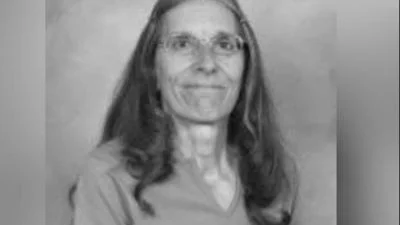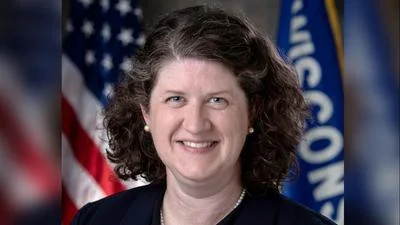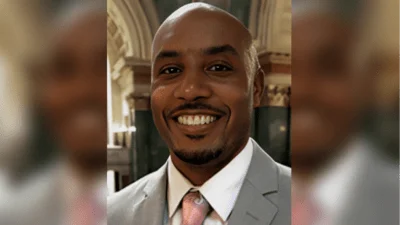Dave Murphy, Wisconsin State Representative for 56th District | Official Website
Dave Murphy, Wisconsin State Representative for 56th District | Official Website
According to the Wisconsin State Legislature's official website, the bill was described as follows: "possession of a firearm on school grounds by school employees and fees for licenses to carry a concealed weapon. (FE)".
The following is our breakdown, based on the actual bill text, and may include interpretation to clarify its provisions.
In essence, the bill allows school employees who hold a state-issued license to carry a concealed weapon to possess firearms on school grounds, provided the school board or governing entity has adopted a policy permitting such possession. Current state law, which does not permit licensees to carry firearms on school grounds, will be amended to align with federal law exceptions. Additionally, the bill waives the application fee, renewal fee, and background check fee for teachers applying for a concealed weapon license. Different types of schools, including public, charter, private, parochial, and tribal, would be required to adopt specific firearm policies for their employees under this legislation.
The bill was co-authored by Senator Cory Tomczyk (Republican-29th District), Representative Elijah R. Behnke (Republican-6th District), Representative Lindee Rae Brill (Republican-27th District), Representative Barbara Dittrich (Republican-99th District), and Representative Daniel Knodl (Republican-24th District). It was co-sponsored by Senator Steve L. Nass (Republican-11th District).
David Murphy has co-authored or authored another 26 bills since the beginning of the 2025 session, with none of them being enacted.
Murphy graduated from the University of Wisconsin-Fox Valley in 1974.
Murphy, a Republican, was elected to the Wisconsin State Assembly in 2013 to represent the state's 56th Assembly district, replacing previous state representative Michelle Litjens.
In Wisconsin, the legislative process starts when a senator, constituent, group, or agency proposes an idea for a bill. After drafting, the bill is introduced, numbered, and referred to a committee for review and public input. If approved, it moves through three readings and votes in both the Senate and Assembly. Once both chambers pass the same version, the bill goes to the governor, who can sign it, veto it, or let it become law without a signature. Only a small share of bills introduced each session ultimately become law. You can learn more about the Wisconsin legislative process here.
| Bill Number | Date Introduced | Short Description |
|---|---|---|
| AB55 | 02/24/2025 | Possession of a firearm on school grounds by school employees and fees for licenses to carry a concealed weapon. (FE) |
| AB47 | 02/17/2025 | Tuition and fee remission for certain veterans and their dependents enrolled in the University of Wisconsin System or a technical college. (FE) |
| AB27 | 02/17/2025 | Expanding veterans benefits to individuals who served in Laos in support of the United States during the Vietnam War |






 Alerts Sign-up
Alerts Sign-up